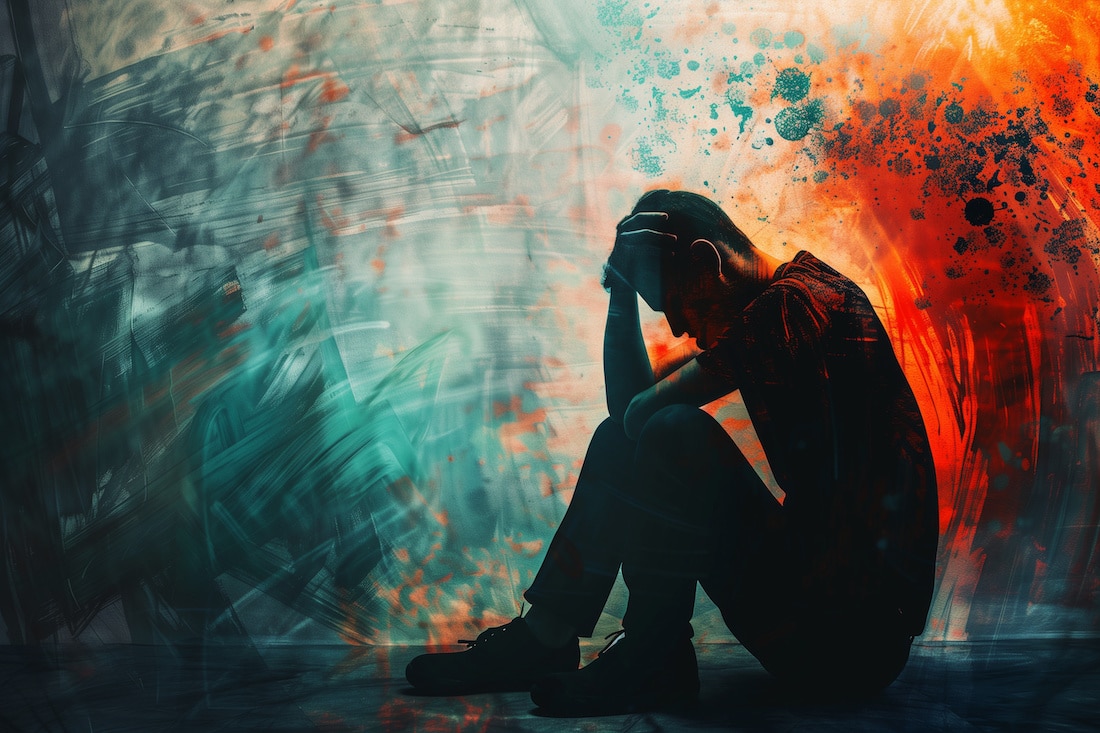 The field of mental health treatment is continually evolving and improving. Psychotherapy or medication work very effectively for some, but others have mental health challenges that are resistant to current treatment methods.
The field of mental health treatment is continually evolving and improving. Psychotherapy or medication work very effectively for some, but others have mental health challenges that are resistant to current treatment methods.
Researchers continue to try find as many new options as possible and to improve on existing approaches. The goal is to make mental health treatment as effective as possible and accessible for as many people as possible.
The Importance of Ongoing Research
The nonprofit Wellcome Trust recognizes the importance of researching what works and what doesn’t. They recently announced a commitment of $200 million to support research in the field of mental health. The goal is to understand why existing treatments sometimes work and sometimes don’t and to look for ways to improve mental health treatment.
For More Information About Our Treatment Programs
Call Us At: (310) 455-5258
Some patients don’t respond to treatment, while others respond to treatment but only on a short-term basis. In spite of the fact that it’s often stigmatized, mental illness affects millions of people in America and around the world. Those who haven’t been diagnosed correctly or aren’t obtaining effective treatment can end up suffering severe psychosocial consequences, including hospitalization, homelessness, and incarceration. The challenge for researchers is to find treatment methods that work for those who may have found treatment ineffective in the past.
Deep Brain Stimulation May Benefit Obsessive Compulsive Disorder
Deep brain stimulation is currently used in the treatment of Parkinson’s disease and epilepsy. Electrodes are implanted deep in the brain in order to regulate abnormal impulses in conditions such as seizures in difficult to treat epilepsy.
In an article published in Nature Reviews Neurology, researchers are exploring the possibility that by using closed loop deep brain stimulation, deep brain structures may be able to be stimulated in order to benefit obsessive compulsive disorder and possibly depression.
Brain Abnormalities Associated with Alcohol Use Disorder
Researchers from Boston University School of Medicine, Massachusetts General Hospital and VA Boston Healthcare System are studying brain abnormalities in alcohol use disorder (AUD), particularly the effects of gender differences. Using MRI technology, brain abnormalities in men and women with AUD are being studied and compared.
According to this research, it appears that men who have AUD have more diminished brain activity in areas such as emotional processing or social processing than women with the same disorder. Research indicates there are differences in how addiction is experienced by men and women. More research is needed, but it’s theorized that eventually treatment methods may be developed based on gender.
Could There be a Connection Between Gut Bacteria and Depression?
A new study in Belgium is exploring the possibility that depression may be linked to bacteria found or not found in your gut. In this study, two particular types of bacteria have been found to be low in people with depression. While this type of study has been done previously in animals, this is the first study to consider the possible link between gut bacteria and depression in humans.
There is much more research needed before scientists know for sure whether gut bacteria are connected to depression. If further research supports this theory, this could be a clue to future possibilities in how to treat patients who have treatment-resistant depression.
Research and Findings on the Link Between Activity and Depression
It’s currently believed that a depressed mood leads to low energy, low activity levels and sleep problems. New research indicates that it may be low activity levels and lack of sleep that lead to low mood rather than the other way around.
This research appears to show that motor activity affects mood rather than mood affecting activity level. The relationship between activity and mood seems even stronger in those who are diagnosed with Bipolar I disorder. More research is needed, but it appears that increasing activity level may actually be more effective than current approaches to treating depression or other mood disorders.
If you or a loved one are struggling with mental health concerns, please call us at (310) 455-5258 or submit the form below to learn more about our treatment programs in Los Angeles.



